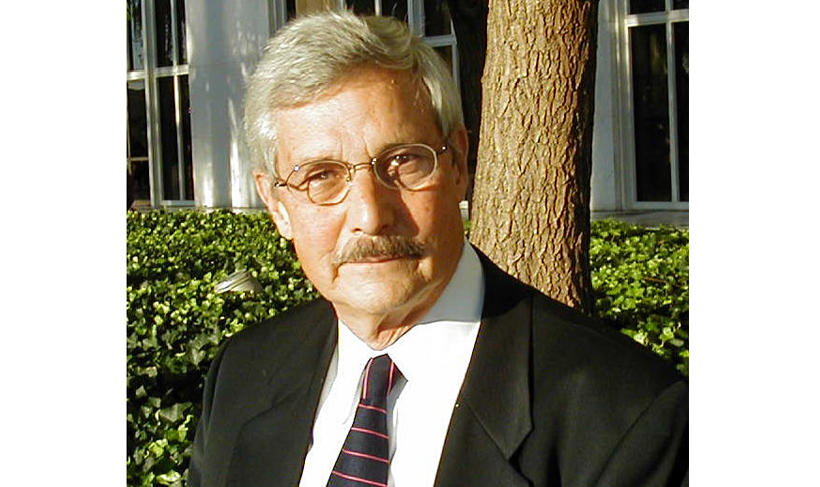News
From the newsletter: Fellow Reflects on WW’s Long-Term role in Graduate Education
John M. “Tim” Reilly was a 1954 Woodrow Wilson Fellow. Until his death in 2004, Dr. Reilly was a Graduate Professor and the Director of the Graduate Program in English at Howard University. He also served as the Preparing Future Faculty Coordinator in Howard’s graduate school. In 2003, Dr. Reilly wrote a piece for Fellowship reflecting on WW’s early commitment to diversity, as well as its impact on his own academic career:
The Woodrow Wilson Fellowship has affected both the fact and the course of my career. Without it, I probably would not have had an academic career. Moreover, my own less-than-sterling preparation for that career has motivated me to be greatly interested in the professional training of graduate students.
I first heard of the Fellowship in 1953 from my Chaucer professor at West Virginia University. The department chair declined to write me a letter of recommendation, saying I didn’t seem to be committed to an academic profession. Luckily the Chaucer professor and two others thought I might be saved.
At the Fellowship interview, the interviewers disabused me of the idea of using the Fellowship—if I got it—at an Ivy League school. Everyone, they pointed out, wanted to go to that sort of place. “How about Brown?” I asked. “Well, you can try,” they said. Soon after I got the news that I was awarded the Fellowship, I was turned down by Brown.
But the Foundation came through with a definite personal touch. Robert Goheen, who at the time was National Director of the Woodrow Wilson Fellowships, asked me to telephone him. He said the traditionally elite schools didn’t realize things needed to change—nice point to be made by a Princeton man. He noted that Washington University in St. Louis had produced Woodrow Wilson Fellows, but had not yet enrolled one. Moreover, he said, it seemed a small enough place to provide good mentoring.
So, that was my choice, and Washington University agreed to take me. When I arrived at Washington’s Graduate School and met the dean, he remarked that he recalled my file, since I was the applicant whose written statement showed that he didn’t know how to use a semi-colon. “But you’ll learn,” he said.
Considering my inauspicious beginnings, I am grateful for the Foundation’s determination, not to mention its apparent interest in securing a diverse representation of undergraduate training. Above all I marvel at Robert Goheen’s intervention.
Today, in addition to my teaching and administrative responsibilities in Howard’s Graduate Program in English, I am the Preparing Future Faculty Coordinator in the Howard Graduate School, a position that includes oversight for training of Teaching Associates. In this role, I am devoted to helping students learn about the complete range of professional responsibilities and opportunities in the professoriate. This includes acculturating students to research in the disciplines: how we “do” English, history or math, which means fostering students’ active participation in professional conferences, service in associations, and preparation of work for publication. Preparing students professionally also means providing them practical experience for mentoring, for the ethical issues of academic life, and for understanding how their students will learn.
The kind of student-centered, learning-centered professional education I practice relates to the values of my early Woodrow Wilson Fellowship—it prepares students for careers, rather than simply for jobs and rather than just giving them coverage of an intellectual area. I believe, too, that my feeling of having been “plucked” encourages my sense that doctoral training has a social mission.
So when I play a part, as a Woodrow Wilson Fellow, in the Foundation’s Responsive Ph.D. initiative, I have a sense of coming full circle—and of taking the opportunity that my own Fellowship created to offer new generations of scholars even better preparation.
###
This story first appeared in a 2003 issue and was reprinted in the spring 2016 issue of Fellowship, the newsletter of the Woodrow Wilson Foundation, in a section titled Diversity at WW. To see the full newsletter, click here.


